 Owning real estate, collecting rent, and someday selling property at a profit represent a time-tested process for building wealth. The money does not come without effort though. Multi-family properties require management and maintenance. Market expertise is essential for selecting good apartment building investments to begin with. People whose careers occupy their precious time can sidestep this workload through passive real estate investing. This route connects passive investors with many benefits. They experience no increased demands on their time, and the profits may often be treated in a tax advantaged way. Additionally, real estate could deliver greater returns than the stock market over the long term. Work Done by Real Estate Professionals Passive real estate investing places the wealth-building power of multi-family real estate ownership in investors' hands without burdening them large time commitments. A passive real estate investor partners with an organization run by real estate professionals. The passive investor taps into a team of people who know how to identify and acquire promising properties. Additionally, support systems like property managers and accountants are already in place. Passive investors do not have to spend time building this support network. They simply plug into an existing program focused on multi-family housing investments. [1] This arrangement wipes time-consuming tasks off an investor's plate. The experts attend to day-to-day operations and long-term strategy development while the passive investors collect their share of profits from rent and sales. [2] Busy professionals in particular benefit from this system. They gain a viable way to put their money to work for them and enjoy a steady income stream from rent collection. Tax Advantages for Passive Income Any individual's income and investment portfolio affects their tax filings, but real estate investing generally qualifies for beneficial tax treatment. Overall, the U.S. tax code seeks to promote investments in housing. Investors often have opportunities to write off part of a property's value due to depreciation. In some situations, the process of bonus depreciation and cost segregation enables a tax break for future depreciation. [3] Apartment investors in particular have access to tax benefits on their passive income. The tax code allows them to delay taxes at certain times or in some circumstances avoid some taxation completely. This advantage applies specifically to passive income generated for passive investors in multi-family real estate. [4] The Internal Revenue Service defines passive income as money earned by people who are not "materially involved" in the running of the enterprise that paid them. A passive investor in an apartment building will essentially be "hands off" and meet the IRS definition of being a silent partner or investor in a real estate operation run by full-time professionals. [5] Excellent Alternative to the Stock Market Financial advisors have long recommended real estate as a stable method for diversifying assets beyond stock investments. Although real estate is not as immediately liquid as a stock that can be traded the next business day, it possesses advantages over stocks. Chief among these advantages is a strong potential for producing higher returns than the stock market over the long term. An analysis of returns dating back to 1996 that compared the S&P 500 to the Vanguard Real Estate ETF revealed a substantial difference. At the 20-year comparison point, the real estate fund had returns of 619.7% versus returns of 213.1% for the S&P 500. [6] In this analysis, the S&P 500 and the Vanguard fund served as reasonable proxies for stocks versus real estate performance. At the end of the day, passively investing in apartments leaves investors with an ownership portion of a real asset. Multi-family housing is not vulnerable to paradigm-shifting technologies that can make a previously successful public company flounder, such as happened to BlackBerry and famously Kodak film. Stock investments have a greater risk of experiencing hits from unanticipated market changes. Real estate, particularly housing, does not face the chance of being replaced in the market by something else. References: [1] [2] https://www.biggerpockets.com/member-blogs/9266/90212-benefits-of-passive-real-estate-investing [3] [4] https://cepmultifamily.com/passive-income-multifamily-investments/ [5] https://smartasset.com/retirement/passive-income [6] https://www.fool.com/millionacres/real-estate-investing/articles/real-estate-vs-stocks-which-has-better-historical-returns/ End Of Article
0 Comments
|
Details
Ruben DominguezPrincipal and founder of Totem Capital Group Archives
April 2022
Categories |
Copyright © 2020

 RSS Feed
RSS Feed